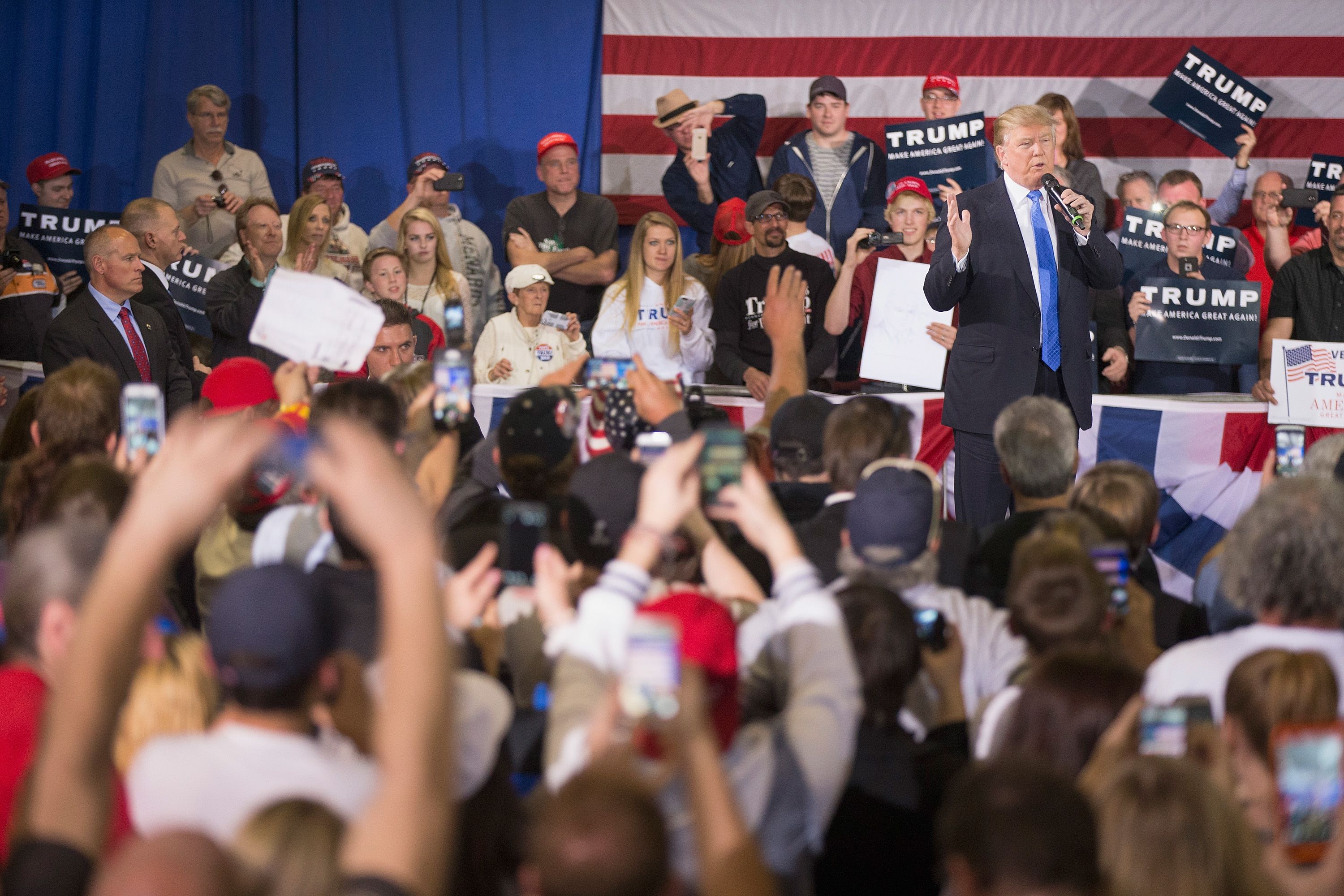
Over the last 30 years, every national party convention has been a fully scripted, multiday advertisement for the presidential ticket, which was determined weeks or even months before the delegates gathered.
This time could be different, at least for the Republicans, who could have a real fight on their hands if neither Donald Trump nor Ted Cruz has 1,237 bound and loyal delegates before the convention begins in Cleveland on July 18.
In that case, there will be an "open" or "contested" convention, in which the delegates will have to select the nominee -- perhaps after extended fights over the rules, the platform and even which delegates were legitimately elected in some states.
Ed Kilgore, who knows the nuts and bolts of the infomercial-style national party conventions of the past, has a terrific piece detailing the mechanics of an actual deliberative, decision-making party convention.
Or, to put it another way: Imagine hours of second-tier Republican politicians speaking unvetted on national television about whatever they want. What could go wrong?
Potentially ugly gaffes aside, however, a central problem with a contested convention is the opportunity cost -- the squandering of the chance to unite voters. As John Sides wrote back in 2012, conventions tend to bring public opinion in line with the “fundamentals” of the election – that is steer sentiment about such things as the state of the economy and the president’s popularity.
That usually works by delivering enough information to take voters to positions they were going to adopt anyway.
Remember, even in a year with competitive nomination fights in both parties, and in which Donald Trump has received far more attention than any normal candidate, lots of voters haven't engaged with the election yet. For example, a little more than 900,000 votes were cast in the Arizona primaries on March 22, far fewer than the 2.3 million cast in the 2012 general election in that state. Those relatively inattentive voters typically have weaker ties to their party or may be independent.
As a result, such voters are less likely to be swayed by purely partisan cues (“Vote Clinton because she’s a Democrat”). However, they may be very open to less explicitly partisan approaches -- a Democrat (even if she calls herself an independent) may be receptive to rhetoric about diversity, openness and equality. A Republican (even if he calls himself an independent) may respond to rhetoric about free enterprise and tough foreign policy.
So when a party convention delivers several days of information about the nominee, many of the least attentive voters tune in enough to identify the candidate with the qualities they like. In short, the typical convention achieves one campaign effect that political scientists have found really does matter in presidential elections: matching moderately (or less) attentive voters with candidates.
Even a messy Republican convention with no clear winner until the end could deliver that effect. Ultimately, conventions always present the nominee as a winner -- and that will be the case at the end of an extremely contentious process, too.
Still, it’s also possible that the convention effect will be diluted if the signal is muted -- say, if instead of delivering several days of praise for the nominee, the gathering showcases several days of infighting and intrigue. In that event, we simply don’t know whether the unifying effect would be delayed to some other point in the election cycle. Perhaps voters would decide to back Donald Trump (or Ted Cruz, or whoever wins a deadlocked convention) by watching TV ads, the debates in October, or some other way. But it's also possible that they never find a match, which could lead some potential Republican voters to either sit out the election or even vote for the Democrat.
That is another reason for Republican party actors to be desperate to resolve the nomination fight during the pre-convention period. - Bloomberg View